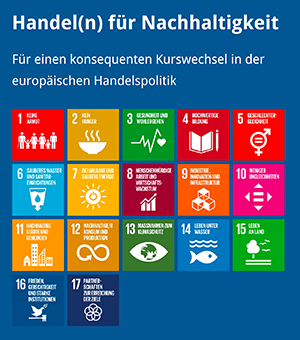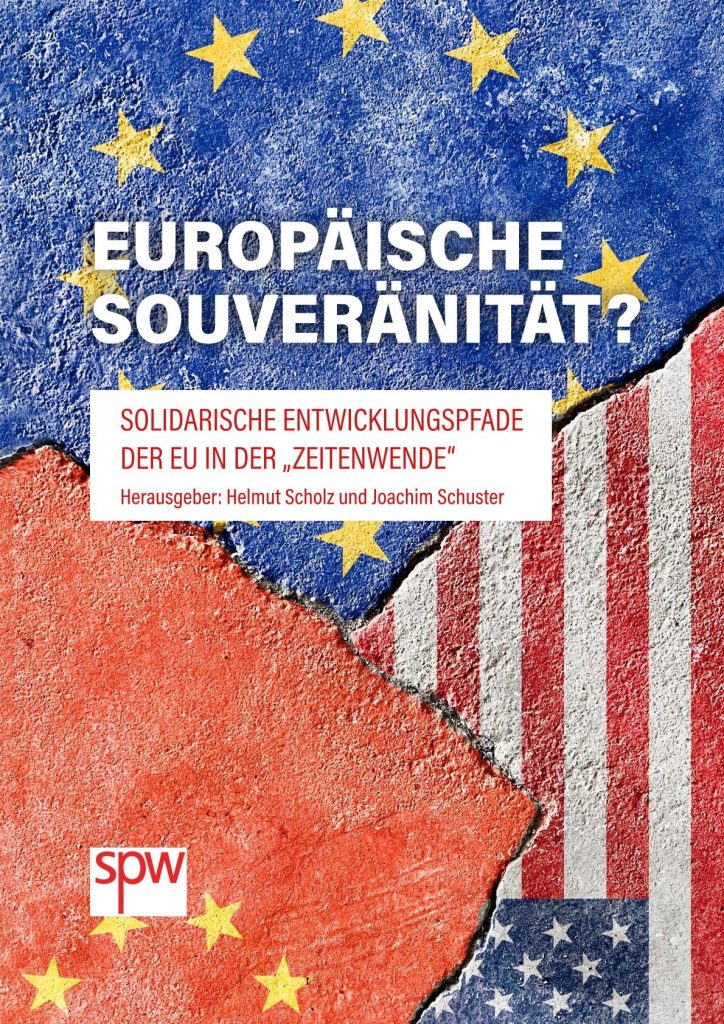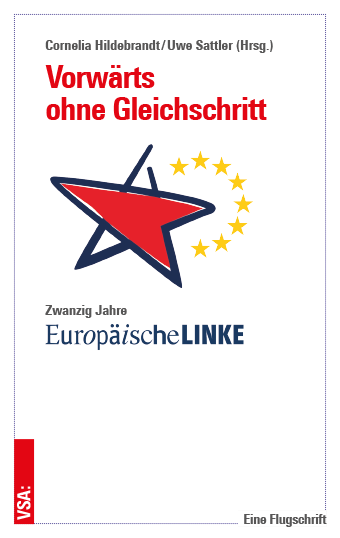Helmut Scholz unterstützt den Aufruf von Kinderschutzorganisationen, um das Thema der körperlichen Züchtigung von Kindern und Jugendlichen stärker in die Öffentlichkeit zu bringen und die EU-Mitgliedsstaaten dazu anzuhalten, Gesetze zum vollständigen Verbot der "Körperstrafen" zu erlassen.
Der Wortlaut des Appells:
Declaration of intent for a corporal punishment free EU
Introduction
A majority of EU Member States have committed themselves to end all corporal punishment of children. Full prohibition in law has so far been adopted by 16 Member States1 and others have publicly pledged to do the same soon2. However, other Member States have still to take action in this regard and have been urged to move towards prohibition and elimination of all corporal punishment against children.
In view of:
»« The United Nations Convention on the Rights of the Child (CRC) which all EU Member States have fully accepted, and its art. 19 that requires protection from all forms of violence3;
»« The Committee on the Rights of the Child¡¦s General Comment No. 8 (2006) on the right of the child to protection from all corporal punishment and the Committee¡¦s repeated recommendations to Member States, echoed by other UN Treaty Bodies and in the Universal Periodic Review process;
»« The fundamental message of the United Nations Secretary General¡¦s Study on Violence against Children which reported to the General Assembly in October 2006: ¡§No violence against children is justifiable; all violence against children is preventable¡¨ ¡V and its key recommendation that all States should move quickly to prohibit all forms of violence against children ¡V including all corporal punishment;
»« The Parliamentary Assembly of the Council of Europe Recommendation 1666 (2004) calling for a Europe-wide ban on corporal punishment of children4;
»« The Council of Europe¡¦s campaign against corporal punishment of children ¡§Raise you hand against smacking¡¨ with its explicit aim of universal prohibition across the Council¡¦s 47 member states;
»« The case law of the European Court of Human Rights, progressively condemning corporal punishment5;
1 Sweden (1979), Finland (1983) , Austria (1989), Cyprus (1994), Denmark (1997), Latvia (1998), Bulgaria (2000), Germany (2000), Hungary (2005), Romania (2004), Greece (2006), Netherlands (2007), Portugal (2007), Spain (2007), Luxembourg (2008), Poland (2010).
2 Including Estonia, Czech Republic, Lithuania and Slovakia.
3 Article 19 of the Convention on the Rights of the Child requires states to take:¡§ all appropriate legislative, administrative, social and educational measures to protect the child from all forms of physical or mental violence, injury or abuse, neglect or negligent treatment, maltreatment or exploitation, including sexual abuse, while in the care of parent(s), legal guardian(s) or any other person who has the care of the child
4 The Recommendation states: ¡§any corporal punishment of children is in breach of their fundamental right to human dignity and physical integrity. The fact that such corporal punishment is still lawful in certain member states violates their equally fundamental right to the same legal protection as adults. The social and legal acceptance of corporal punishment of children must be ended.¡
¨
5 Case of A v. UK, 1998 (parent corporal punishment) application number 25599/94; Case of Cambell and Cosans v. UK, 1982 (corporal punishment as inflicted at school) application number 7511/73; Seven individuals v. Sweden, 1982 ( appealing to the right to respect for family life)
»« The European Committee of Social Rights (ECSR) interpretation of art.17 of the European Social Charter as requiring prohibition and other measures to end all corporal punishment6;
»« The obligations on EU Member States to promote and protect children¡¦s rights, in the Lisbon Treaty and the Charter of Fundamental Rights;
»« The EU Guidelines on the Rights of the Child (2007) with their current focus on ending violence against children;
»« The EU Agenda for the Rights of the Child (2011), in which the European Commission ¡§calls on the EU institutions and on the Member States to renew their commitment to step up efforts in protecting and promoting the rights of children¡¨;
»« The European Parliament resolution of 14 January 2009 on the situation of fundamental rights in the European Union 2004-2008 (2007/2145(INI)) paragraph 1187;
We the undersigned
COMMIT
to ensure a proactive debate in the European Parliament to promote the prohibition and elimination of all corporal punishment of children, in all settings including the home and family, in all EU Member States, as well as appropriate action by the other EU institutions within their powers.









